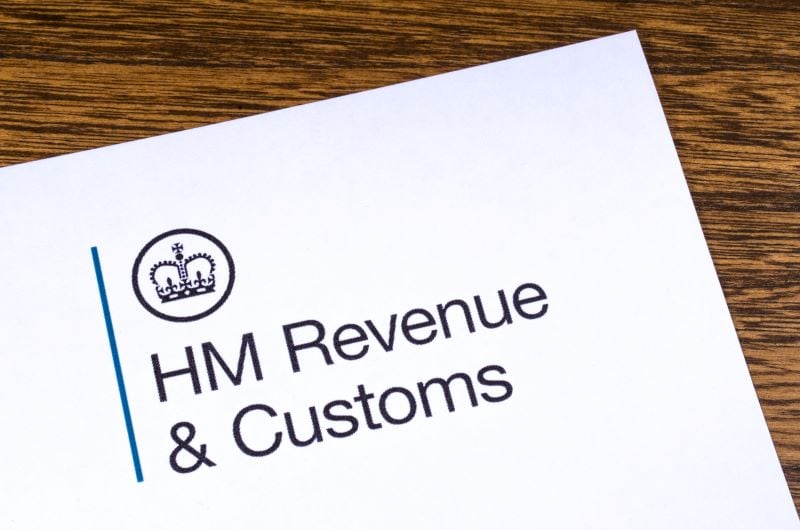HMRC umbrella company ‘checking tool’ looms for workers
Umbrella company consultation response and guidance due from HMRC, as more details come out on Tax Administration and...
READ MORE
Students starting university this year are being warned by HM Revenue and Customs (HMRC) that they could be targeted by a fresh wave of tax scams, especially given that universities are taking a blended approach to online and face-to-face tuition this year, and an increase in remote working due to the pandemic.

As new students start the academic year, they can be particularly vulnerable to cyber crime, the HMRC has warned.
As such, HMRC has written to universities, through Universities UK, asking them to help ensure their students know how to spot a scam.
"Cyber criminals use every method they can to steal money and personal data from students," said Jesse Norman, Financial Secretary to the Treasury.
"HM Revenue and Customs is doing everything it can to clamp down on cyber fraud, but students also need to be vigilant. We would urge university principals to take a lead in helping to protect their students from these cyber criminals by raising awareness of what to look out for."
In August this year, HMRC received reports from the public of more than 74,800 scam emails, text messages and phone calls, with nearly 41,300 of these specifically offering bogus tax rebates.
According to the tax authority, thousands of these scams were targeted at students and the criminals involved appear to have obtained their personal university email addresses by unlawful means. These scams often offer fake tax refunds or help with claiming COVID-related financial support.
Phishing email messages can also provide a gateway for criminals. Students who provide personal details in response can end up inadvertently giving access to important accounts, like email or online banking, leaving scammers free to commit fraud and steal their money.
Moreover, HMRC warned that criminals also use phone scams to threaten taxpayers into handing over cash. Some 651,600 scams have been referred to HMRC since August last year and of those, more than 215,660 were voice or phone scams, known as vishing.
"I want every student to be as safe as possible this term, both online and offline, and it is absolutely vital they are aware of the risks posed by tax scams," said Universities Minister Michelle Donelan.
"I encourage institutions to warn students about this issue and arm them with the information they need to identify and respond to tax scams if they should be targeted."